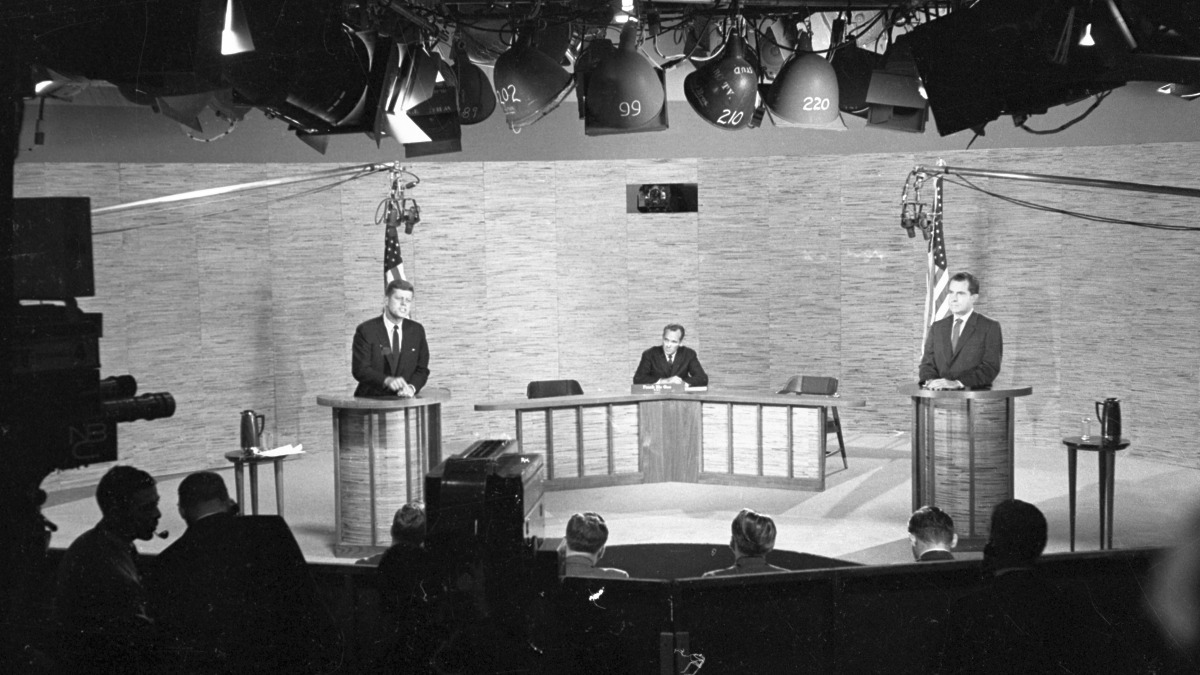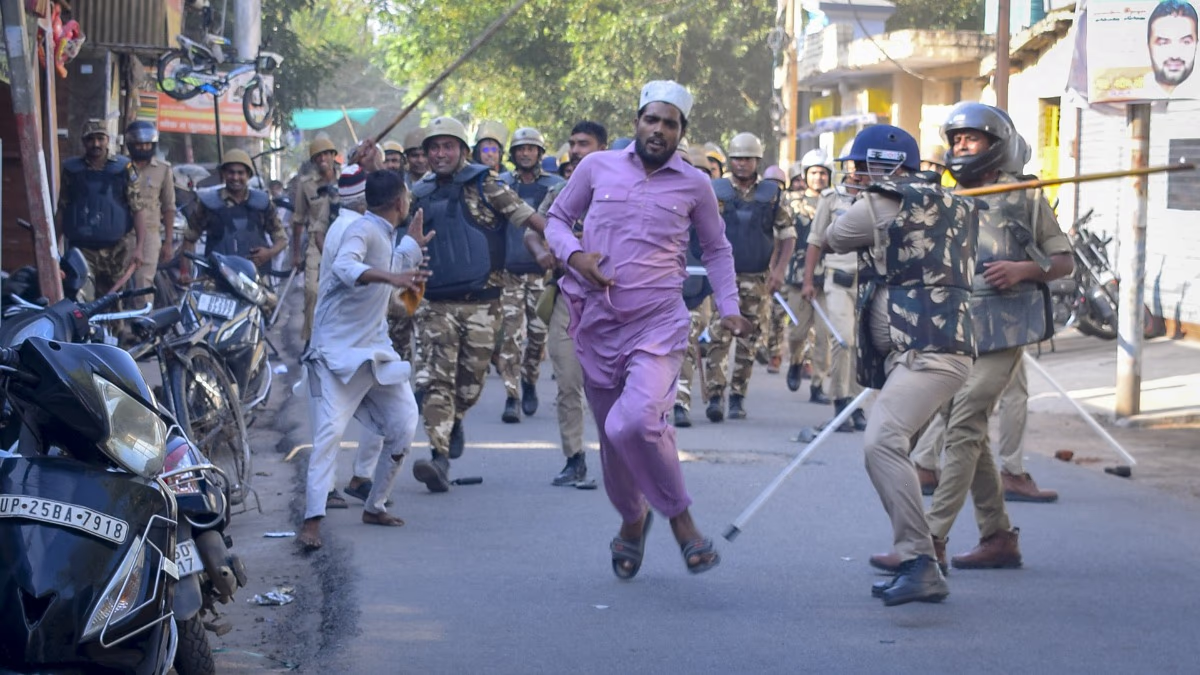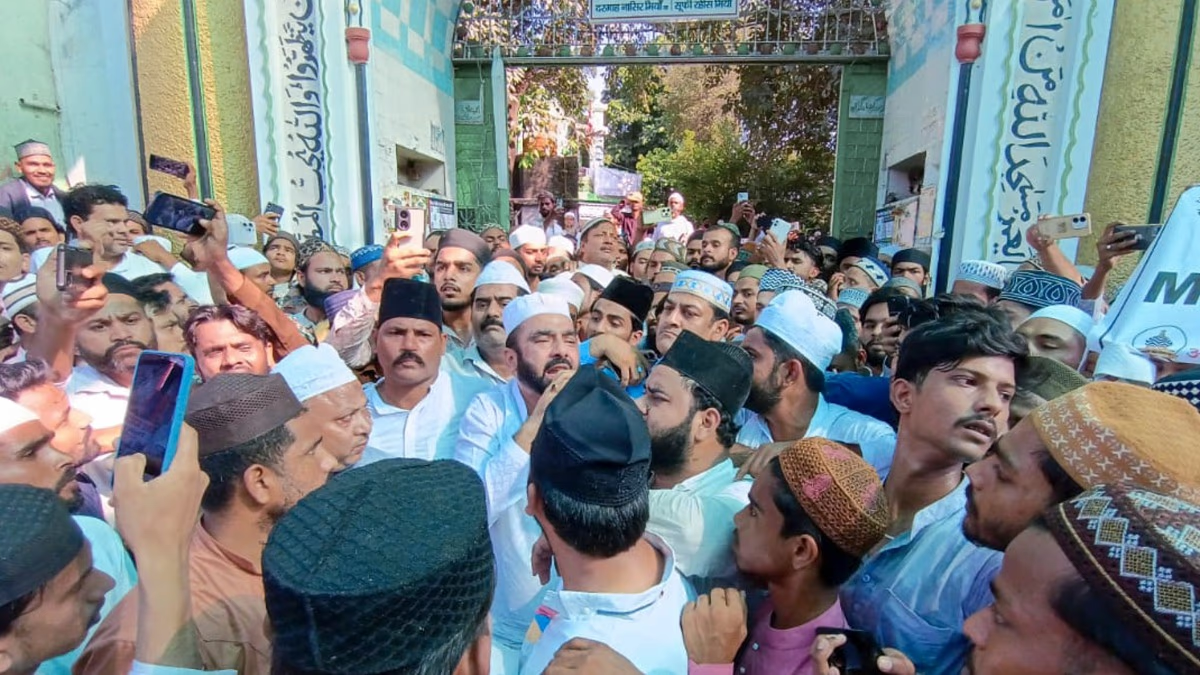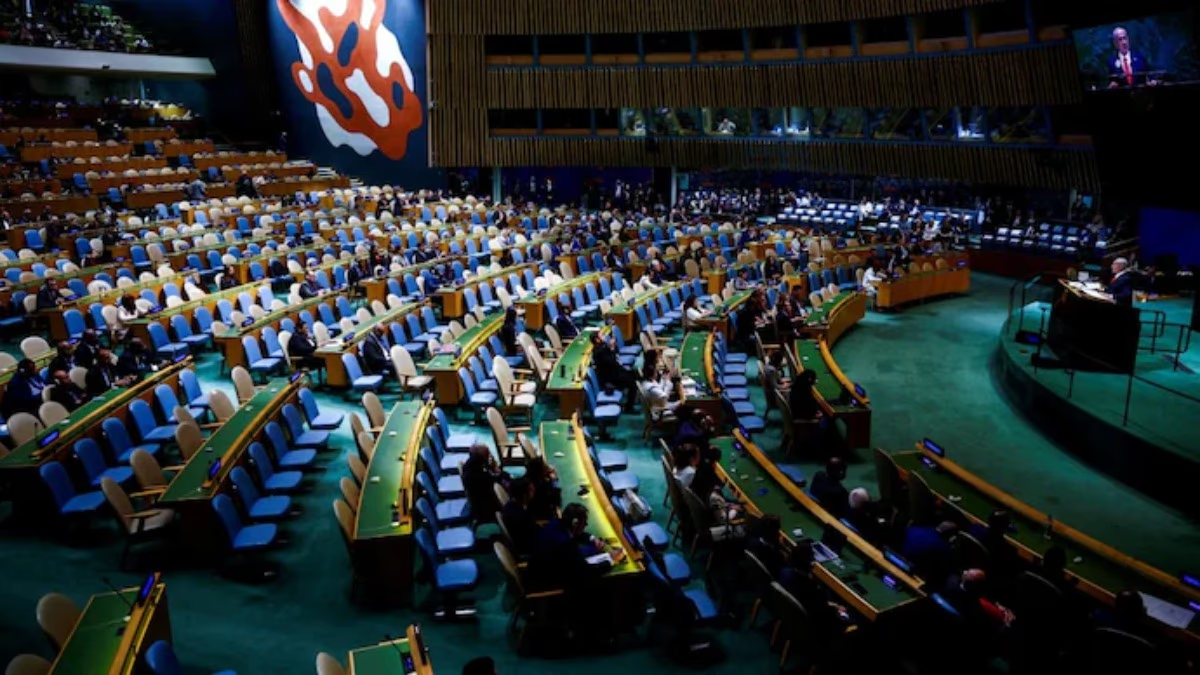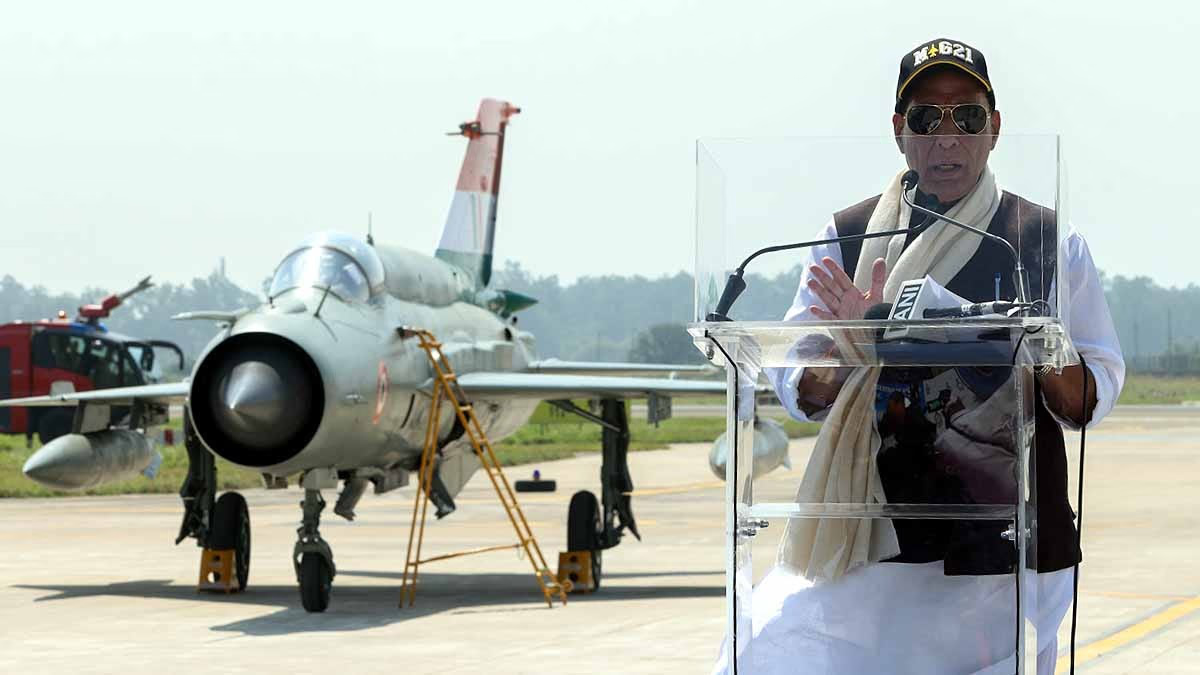With the U.S. presidential elections looming this year, the first presidential debate, hosted by CNN on Thursday night, saw incumbent President Joe Biden face off against former President Donald Trump.
It is widely speculated that Trump seemed to overshadow Biden in the first debate. It is generally believed that the victor of the presidential debates goes on to win the presidency. However, the next debate between the two is set for September 10.
Presidential debates are considered critical in American elections. Yet, there was one debate so transformative it altered the course of U.S. political history overnight. This historical debate took place 64 years ago between Richard Nixon and John F. Kennedy.
This was the first-ever television debate between two presidential candidates in American history, broadcast on September 26, 1960.
Kennedy vs Nixon: The Night Everything Changed
At the time, Nixon was the Vice President. During the debate, Kennedy exuded confidence while Nixon appeared nervous, sickly, and was visibly sweating.
Historian and Associate Professor at Northeastern University, Alan Schroeder, told Time magazine that 'there are moments you can definitely say things swung quite dramatically. That was one of those times. Everything changed in just one night.'
Despite his youth, Kennedy faced numerous challenges, especially since age and experience were highly regarded for America's presidential office. Nonetheless, the televised debate decided America's fate, tilting the election in Kennedy's favor. Nixon was widely perceived to have lost the debate.
Kennedy's speechwriter, Ted Sorensen, informed Time magazine about how he assisted Kennedy and prepared him for potential questions. He recalled their realization of the debate's significance, 'We knew the first TV debate was going to be important, but we had no idea how pivotal it would become.'
The first presidential debate left a lasting mark on American presidential elections. Candidates to this day take their debate preparations seriously.
The Nixon-Kennedy Debate
During the TV debate, Nixon's illness and profuse sweating were apparent. In contrast, Kennedy appeared calm and confidently composed.
Americans who listened to the debate on the radio believed Nixon had won. However, those who watched on TV considered Kennedy the victor.
A significant aspect was that, in 1960, most Americans were watching a presidential debate on TV for the first time. By then, approximately 88% of households had a television. Kennedy's team soon realized that they had won the debate.
Sorensen recounted that the crowd at an event in Ohio the next day had grown immensely. It was clear Kennedy had solidified his support within the Democratic Party.
Though Nixon improved in subsequent debates, public perception had already shifted in Kennedy's favor.
Kennedy acknowledged the role of the TV debate in his electoral victory, stating, 'Television changed everything.'
A 1979 report by the American Task Force stated that television had become the most potent medium for presidential candidates to campaign post the Nixon-Kennedy debate.
Larry Sabato, a political analyst at the University of Virginia's Center for Politics, told Time that the debates played a crucial role in directly connecting candidates with viewers.
Since then, all presidential candidates have kept these lessons in mind. Following the debate, Democrats are apprehensive as Biden seemed perturbed.
Despite some opinions to the contrary, most analysts agree that the televised debate swung the election in Kennedy's favor, all because of the night of September 26, 1960.
How TV Altered American Politics
Historians contend that the 1960 TV debate forever transformed American political practices.
Theodore H. White noted in his book 'The Making of the President, 1960' that prior to the debate, Kennedy was seen as an immature, inexperienced, and young leader. However, post-debate, he was on par with Vice President Nixon.
TV debates did not remain limited to the 1960s election but instilled such fear in candidates that there were no debates for the next 16 years.
LBJ refused to debate Barry Goldwater in 1964. Nixon declined TV appearances in 1968 and 1972. Public debates resumed in 1976 when President Gerald Ford chose to confront his Democratic contender Jimmy Carter.
Historian David Greenberg writes that the idea of TV's impact has dramatically altered American politics, dictating the demeanor of candidates for decades.
